Notarising Spanish documents in the United Kingdom is a common requirement for various legal, business, and personal matters. Whether you are dealing with property transactions, international trade agreements, or immigration, it’s crucial to understand the legal requirements involved in this process. This article aims to shed light on the essential steps and criteria for notarising Spanish documents in the UK.
- Choosing a UK Notary Public
The first step in notarising Spanish documents in the UK is to find a qualified UK Notary Public. UK Notaries are regulated by the Faculty Office of the Archbishop of Canterbury, and they specialise in authenticating documents for use abroad. It is essential to select a Notary who has experience with Spanish documents and is aware of the specific legal requirements for this type of notarisation. - Document Review
Once you’ve chosen a UK Notary, you’ll need to provide them with the Spanish documents that require notarisation. The Notary will review these documents to ensure they meet the legal requirements for notarisation. This may include verifying the authenticity of the documents and confirming that they comply with Spanish law. - Verification of Signatures and Identities
A critical role of the Notary is to verify the signatures on the documents and confirm the identities of the parties involved. This is crucial for ensuring that the individuals signing the documents are who they claim to be and that they have the authority to sign on behalf of any organisations mentioned. - Administering Oaths and Affirmations
In some cases, the Notary may administer oaths and affirmations to individuals signing the documents. This process legally binds the individuals to provide truthful statements in the documents, which is vital for the integrity of the notarised documents. - Certification and Authentication
After the document review and verification process, the UK Notary will attach their seal and signature to the documents. This certification confirms the authenticity and legality of the documents for use abroad, including in Spain. - Legalisation and Apostille
Depending on the purpose of the documents and the requirements of Spanish authorities, you may need to obtain an Apostille certificate. An Apostille is a standardised certificate that verifies the authenticity of a document and is typically recognised internationally. The UK government’s Legalisation Office can issue an Apostille for notarised documents, making them acceptable in Spain without the need for further legalisation. - Spanish Translation
In some cases, Spanish authorities may require documents to be translated into Spanish. It’s essential to check with the relevant authorities or legal experts in Spain to determine whether translation is necessary. - Expert Advice
Notarising Spanish documents in the UK can be a complex process, and it’s advisable to seek expert advice and legal counsel, especially if the documents pertain to significant transactions or legal matters. Spanish legal experts or solicitors can provide guidance on the specific requirements for your case.
Notarising Spanish documents in the UK involves several crucial steps, from choosing the right UK Notary Public to ensuring the documents meet legal requirements and are properly authenticated. Understanding the process and following the legal requirements is vital for the success of your international legal, business, or personal matters involving Spanish documents. Consulting with legal experts can provide further clarity and ensure a smooth notarisation process


0 Comments